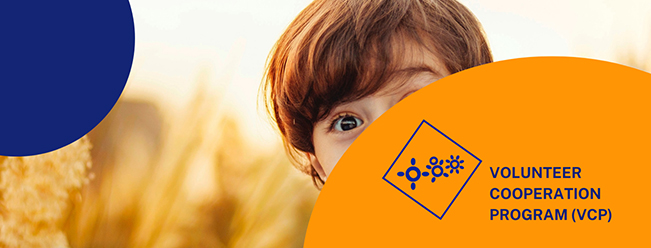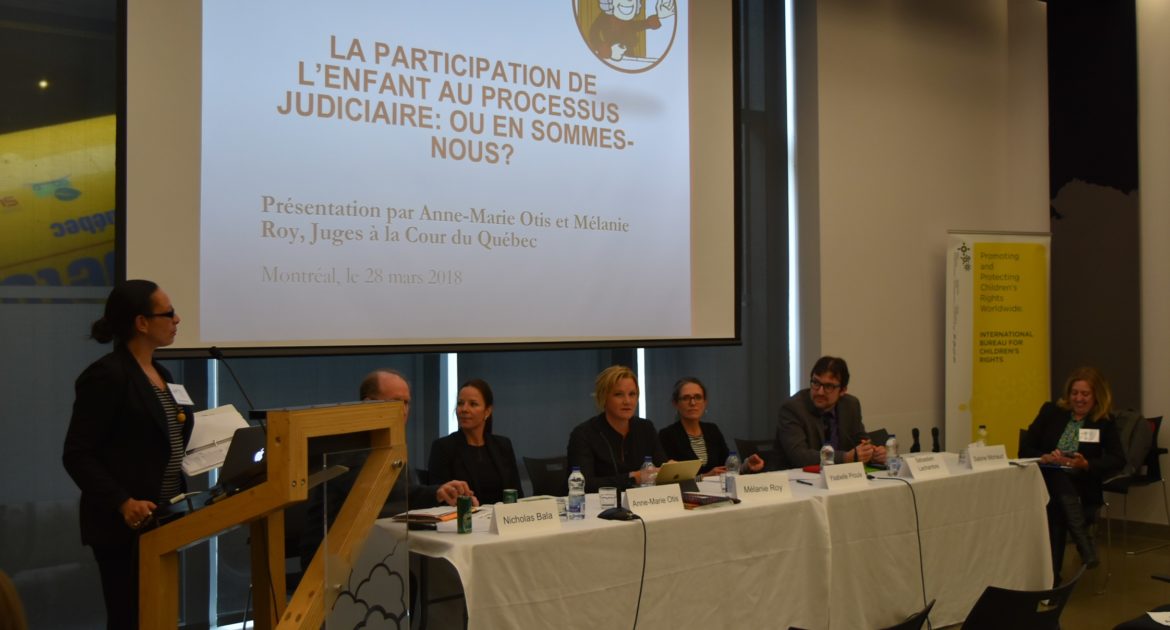
While the Bar of Montreal organises, this week, the 21st edition of the Salon “Visez Droit: Your voice weighs in the balance” in order to inform the population of their rights and obligations to promote a better knowledge of the judicial system, the International Bureau for Children’s Rights (IBCR or the Office) has organised a forum, held at the Centre of Sustainable Development, on March 28, about the voice and participation of the child within the judicial process.
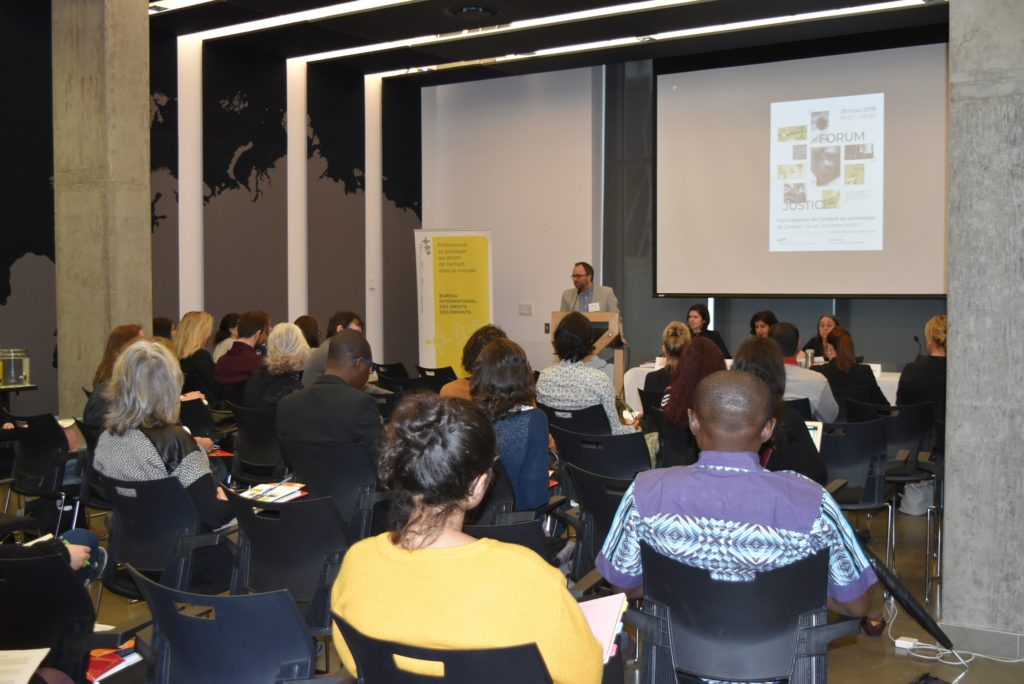
In total, eight panelists accompanied by the representatives of the IBCR, have shared experiences and initiatives, and then exchanged with the public, on the challenges and promising practices related to the participation of the child in the judicial context. It is with a presentation of the study “Words of Young People and Participation in the Justice Process: Judicial Trajectories of Victims and Witnesses of Crime in Quebec“ carried out and published by the IBCR, that the representatives of the Office has initiated discussions, recalling in particular the objectives of the report, especially: to improve the understanding of what has facilitated or is an obstacle to the participation of young people in the process of justice; give the young victims and witnesses of crime the opportunity to express themselves and give their opinion on the process of justice; and make recommendations from the words of young people.
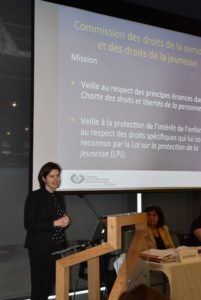
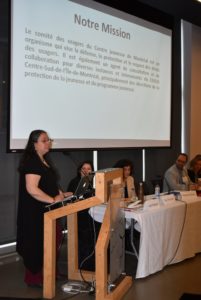
If the participation of the child has been raised throughout the day in several areas of law (family, criminal, immigration), the need for the child to be prepared adequately and to be informed of/in all stages of the judicial process, is widely apparent. The pilot project of the “Programme to the intention of young witnesses” of the CAVAC in the Outaouais region or even the “Bureau of Lawyers for Children” installed in some Canadian provinces, are particularly promising practices that have been underlined.

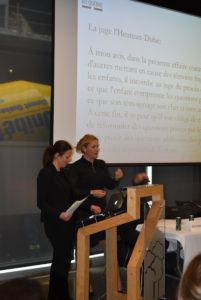
Other practices have also been raised even if they are not always applied, such as the training of the staff on the Rights of the Child, the access to the various forms of “testimonial aid” or the importance of a preparatory meeting at the hearing between the child and the justice professionals directly involved in the instance (lawyer, attorney, judge, etc.).
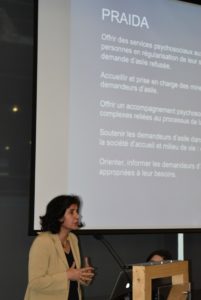
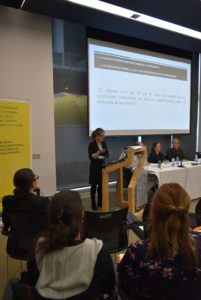
A report published this summer
A detailed report concerning, in particular, the main challenges and promising practices identified at the Forum, will be published during the summer and will be available on the website of the Office.
The IBCR warmly thanks all the people who participated in the forum as well as the panelists who, by the richness of their presentations and their commitment, have contributed to the overall success of this forum. The panelists are:
- Mrs Julie Ranger, Education and Cooperation Officer at the Direction de la protection et de la promotion des droits des enfants de la Commission des droits de la personne et des droits de la jeunesse: “The Rights of Children in Youth Protection: The Importance of the Right to be Heard and Informed”
- Mrs. Gitty Shirzad, Social Worker at Programme régional d’accueil et d’intégration des demandeurs d’asile (PRAIDA): “The Right to Speak of Unaccompanied Minors Seeking Asylum in Canada”
- Mrs Ella-Claire Pinette, Support Worker at Comité des Usagers du Centre Jeunesse de Montréal: “Words of Young People Living in Youth Centres”
- Mrs Anne-Marie-Otis and Mélanie Roy, Judges at the Cour du Québec – Chambre de la Jeunesse: “Promising practices Regarding Child Participation in the Justice Process”
- Mr Sébastien Lachambre, Coordinator of the programme Enfant-Témoin at CAVAC Outaouais : “The Programme for Minors Witnesses of Quebec’s CAVAC Network”
- Mrs Ysabelle Proulx, lawyer and family mediator, Fondation Dr Julien: “Child Participation in Family Matters: Stakes and Challenges”
- Mr Nicholas Bala, Professor of Law at Queen’s University and Canadian expert on Family and Children’s Law: “The Youth Justice Process: Rights, Responsabilities and Participation of Youth”


